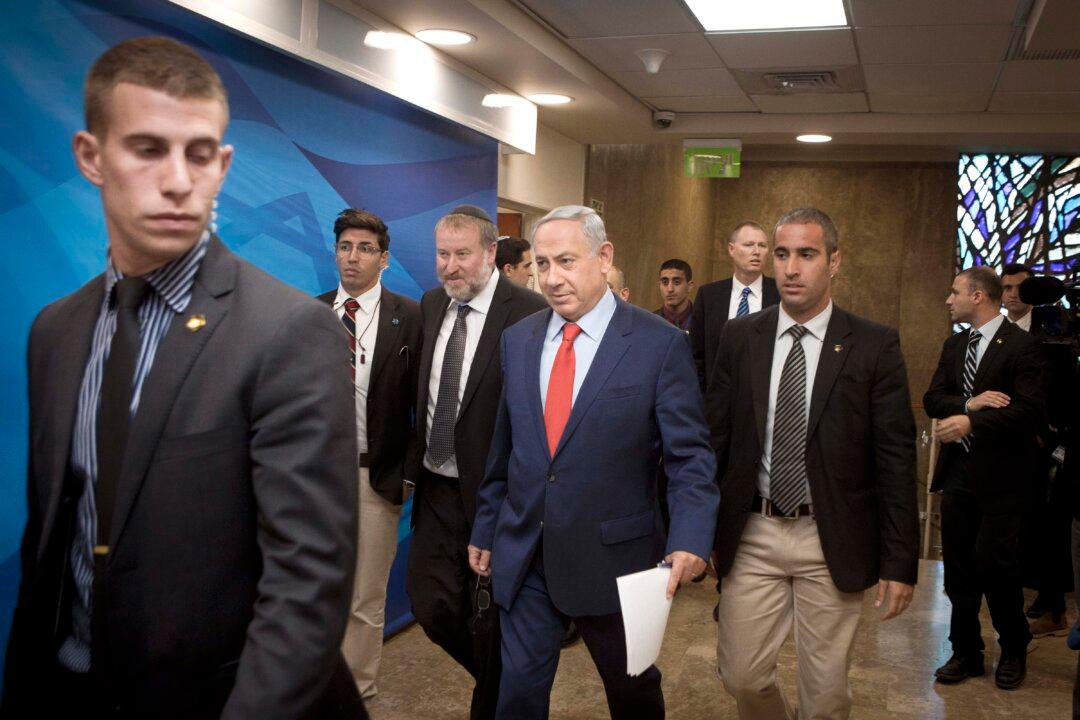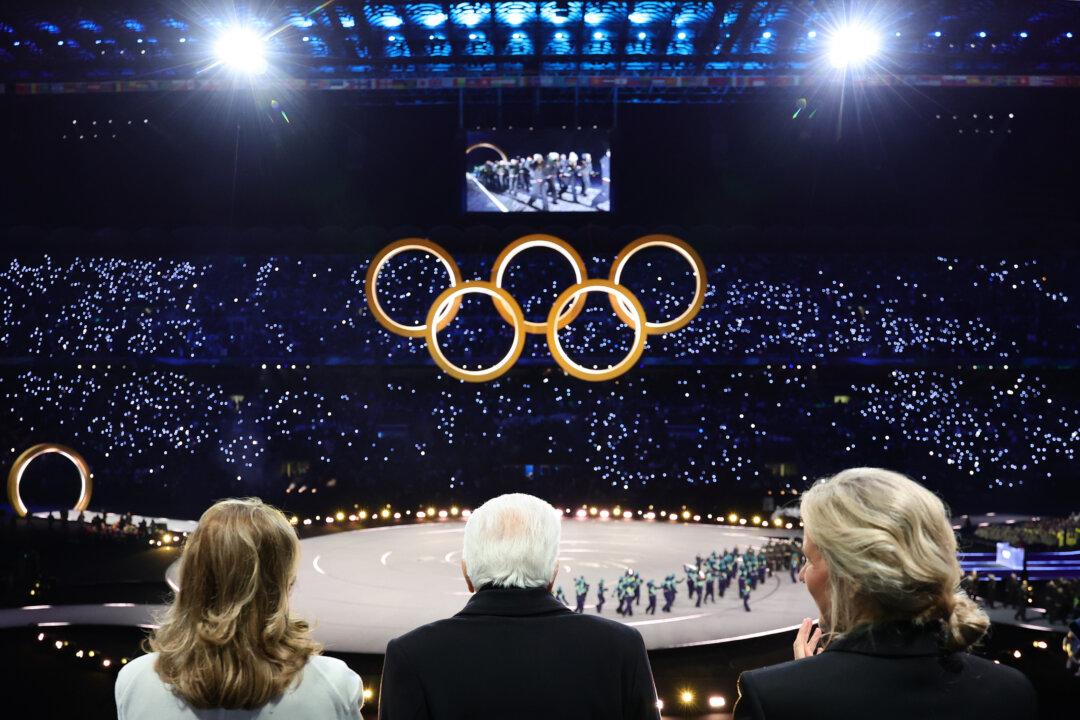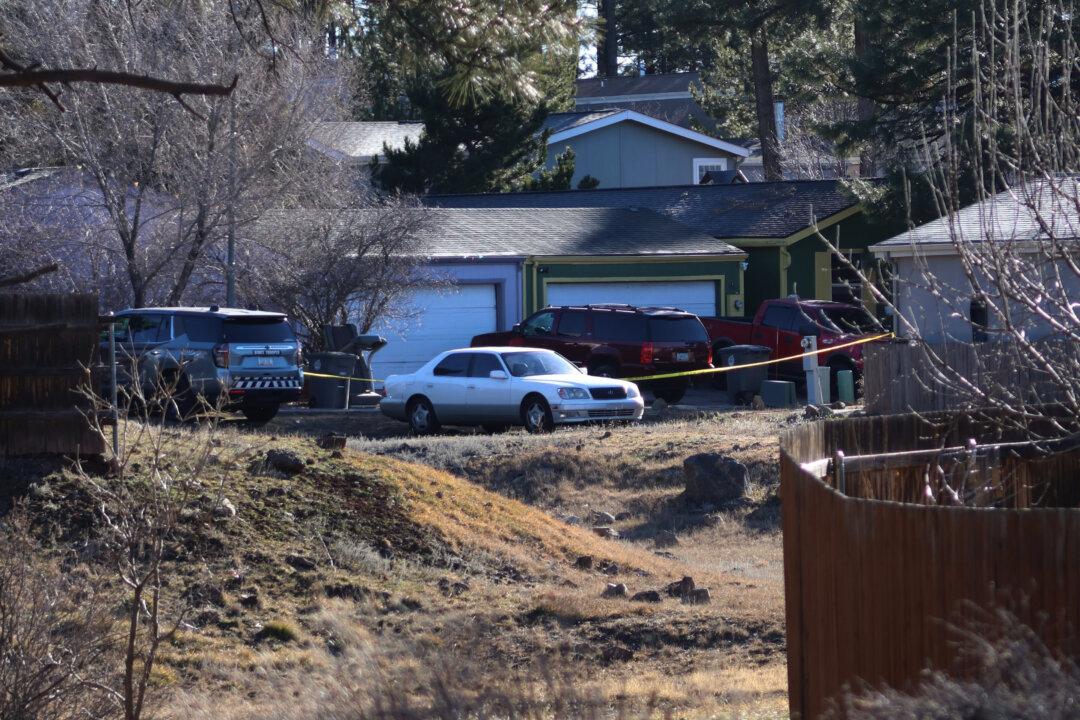JERUSALEM—Israel on Sunday suspended contacts with European Union representatives on Mideast peace issues to protest the 28-nation bloc’s decision to label Israeli exports from the West Bank.
The decision, which deepened a fissure with the EU over the labeling issue, came as a rash of Palestinian attacks showed no signs of relenting. In Sunday’s violence, Palestinians carried out two new stabbing attacks—wounding a woman and a police officer. One of the assailants was shot dead.
Israel has been up in arms since the EU announced this month that goods produced in Israeli settlements must have special labels and cannot say they were made in Israel. Israel has said the decision is discriminatory and unfairly singles out Israel, while the EU says it is a technical matter to clarify the origins of the products.
Israel’s Foreign Ministry announced late Sunday that Prime Minister Benjamin Netanyahu had ordered contacts frozen until a “reassessment process is completed.”
The peace process with the Palestinians broke down early last year, so the practical implications of the announcement were not immediately clear. The Israeli statement did not say which institutions are affected, and an EU official would only say the bloc was still trying to determine the effect of the move. He spoke on condition of anonymity because he was not authorized to discuss the matter with the media.
Immediately after the EU’s decision on Nov. 11, Israel also said it would suspend dialogue on certain bilateral political issues.
Israel captured the West Bank and east Jerusalem in the 1967 Mideast war from Jordan and began building settlements soon after. The Palestinians claim both territories as parts of a future state, a position that has global support.





